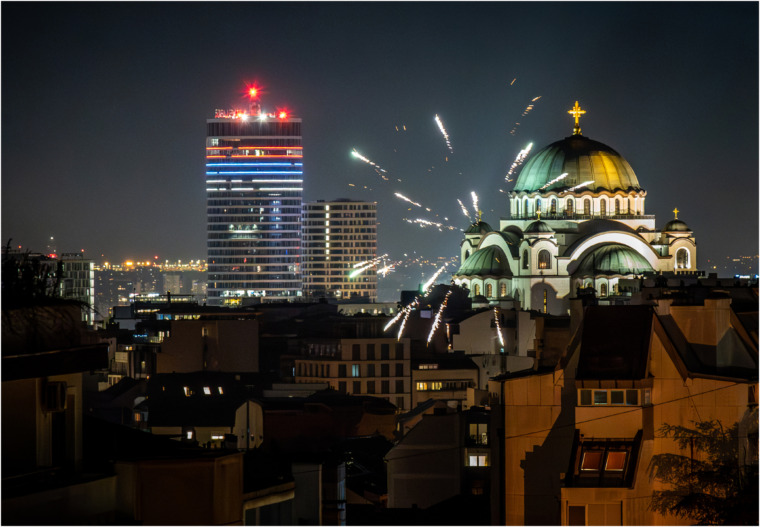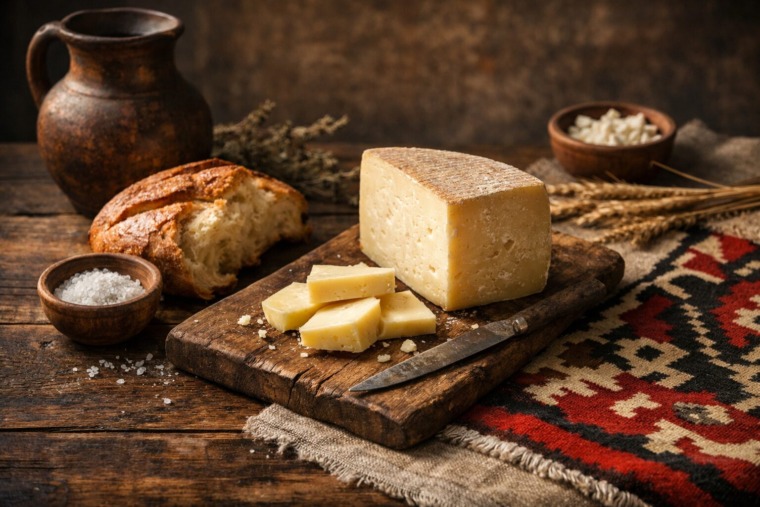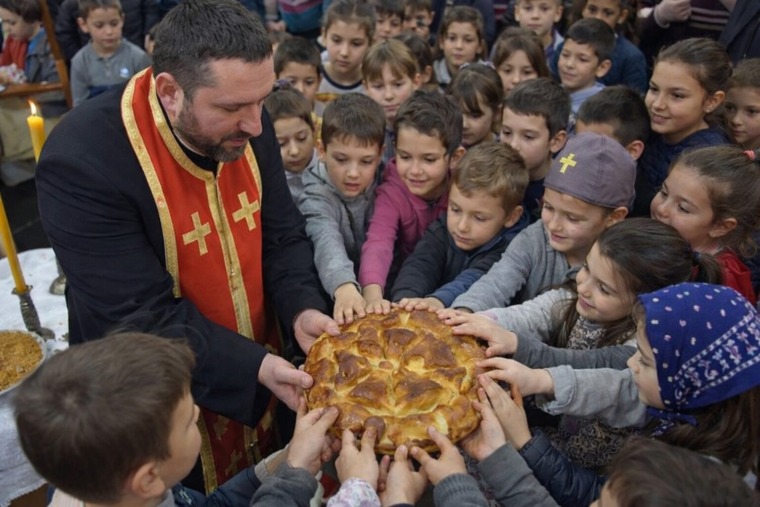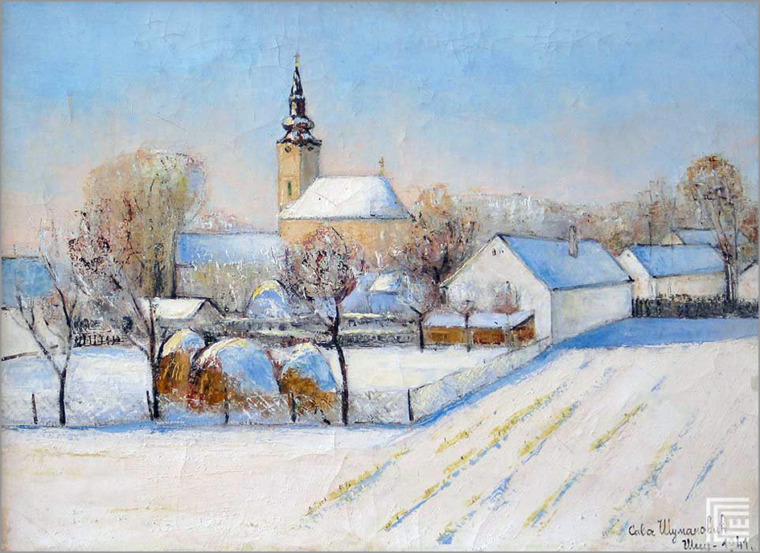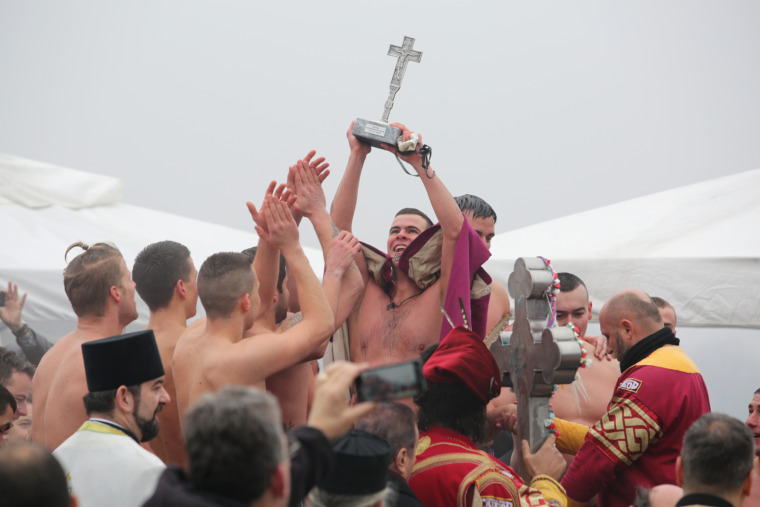
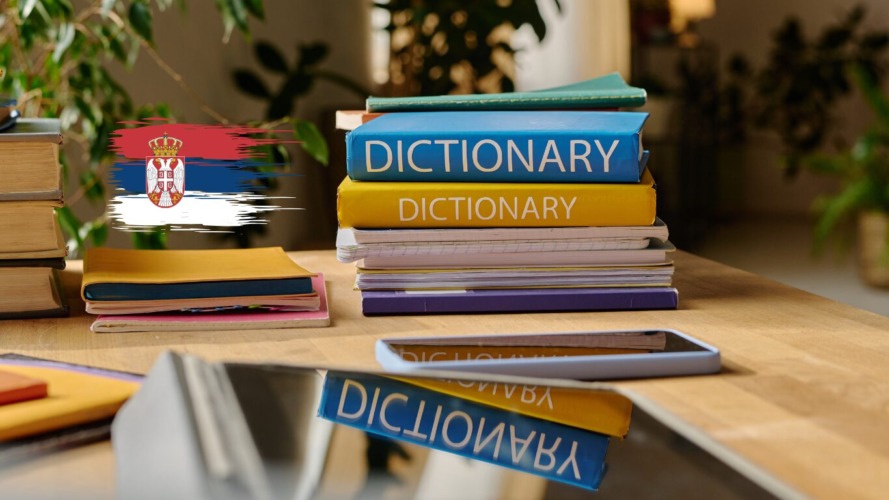
Language reflects culture – it carries traditions, emotions, and a way of life. The Serbian language hides a whole universe of emotions and traditions. Some words cannot be directly translated into English because they are not just words – they are experiences, feelings, and ways of life.
Serbian has a set of words that are almost impossible to fully translate into English. They capture unique feelings, attitudes, and the Balkan spirit. Here are some of the most fascinating examples:
Merak
Merak is when everything stops. It’s the moment you sip coffee in the morning sun, or sing with friends late into the night. It’s when you watch the sunset and feel like nothing else is missing. A state of pure joy in the simplest things.
Inat
Inat is stubborn defiance – the power to do something precisely because you were told you couldn’t. Sometimes self-destructive, sometimes heroic, but always passionate. It’s that Balkan “I’ll show you!” spirit.
Komšiluk
Komšiluk is more than just “neighbors.” It’s knowing the lady next door will lend you sugar, the man across the street will watch your kids, and everyone will gather to help in times of trouble. It’s a community that feels like family.
Sevdah
Sevdah is sadness that warms the heart. It’s the melancholy of a song sung late at night, when pain and joy blend into one. It’s longing that doesn’t destroy, but inspires.
Slatko
Slatko is a sweet preserve served to guests as the warmest welcome. It’s not just fruit in syrup – it’s a symbol of respect, hospitality, and joy that someone has come to visit.
Kefalo
To “have kefalo” means to be clever, quick, and resourceful. A person with kefalo finds solutions where others see only problems – often with charm and ease, as if it were the most natural thing in the world.
Drangulije
Drangulije are little trinkets – souvenirs, knick-knacks, small objects that carry no big value but make life richer. A shelf full of them is like a shelf full of memories.
Pundravci
Pundravci are the butterflies in your stomach – the nervous excitement before an exam, a job interview, or meeting someone special. They are the whispers of your emotions felt in your belly.
Promaja
Promaja is the draft that passes through open doors and windows – a true Serbian cultural phenomenon. People here believe it causes colds, stiff necks, or headaches. It may sound funny, but no Serbian messes with promaja.
Zjale
To “catch zjale” means to idle away, to do absolutely nothing, just waste time with friends on the street. Lazy, maybe – but sometimes those aimless hours are the best memories.
Bre
Bre is an all-purpose Serbian interjection. It adds spice to conversations, whether friendly (“Come on, bre!”), annoyed (“What are you doing, bre?!”), or playful. It makes speech sound lively and very Serbian.
Lele
Lele is a universal exclamation of surprise, shock, sorrow, or joy. Its meaning depends entirely on tone – but it always carries strong emotion.
These words are not just vocabulary. They’re part of daily life – you’ll hear them in cafés, on the street, at family gatherings. And only then will you truly understand them.
Related Articles

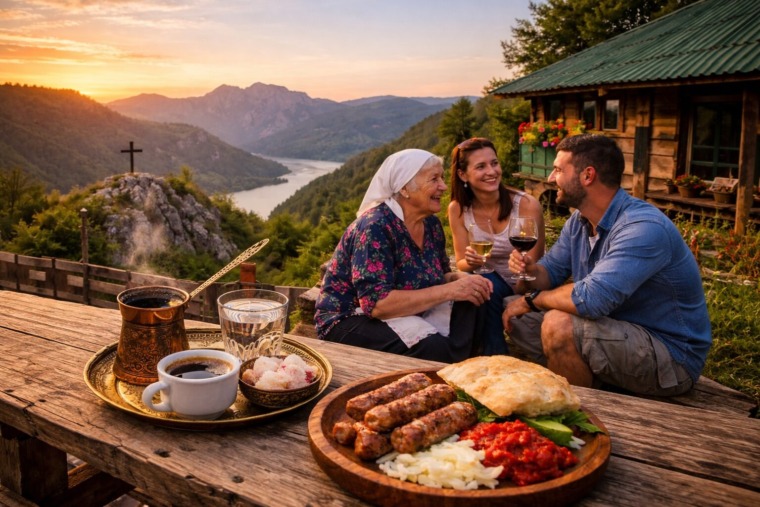
5 Little Things in Serbia That Travelers Never Forget
February 20, 2026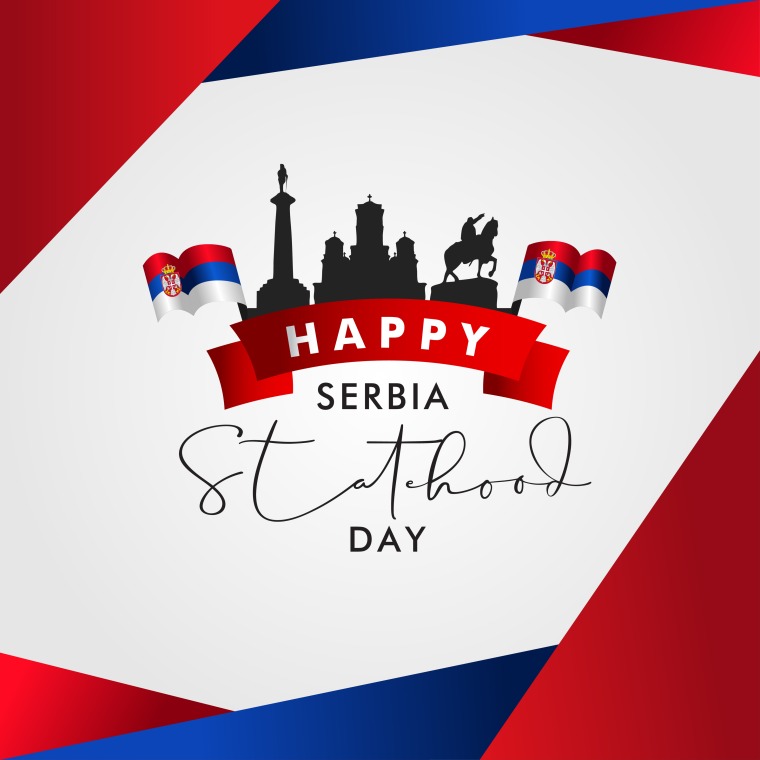
Interesting Facts About Sretenje You May Not Know
February 16, 2026